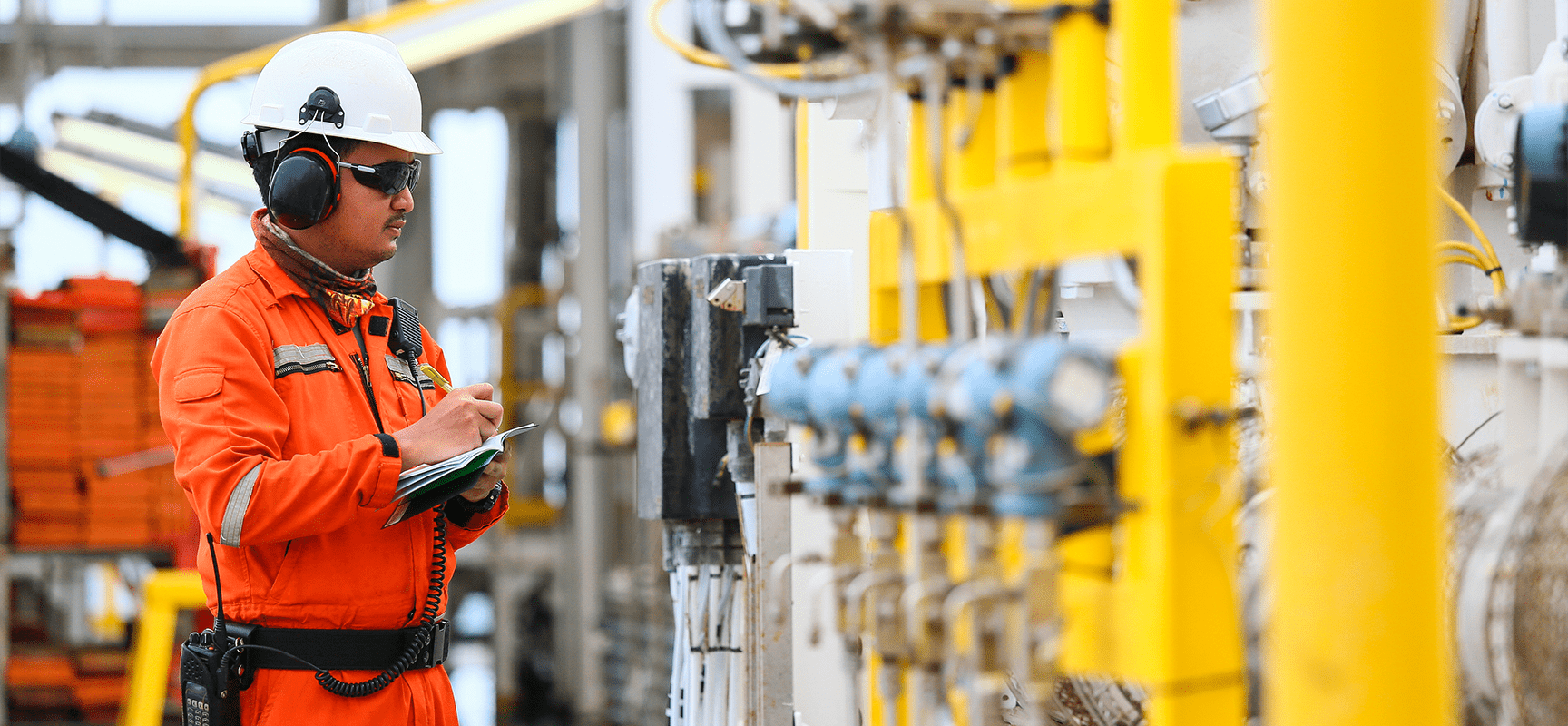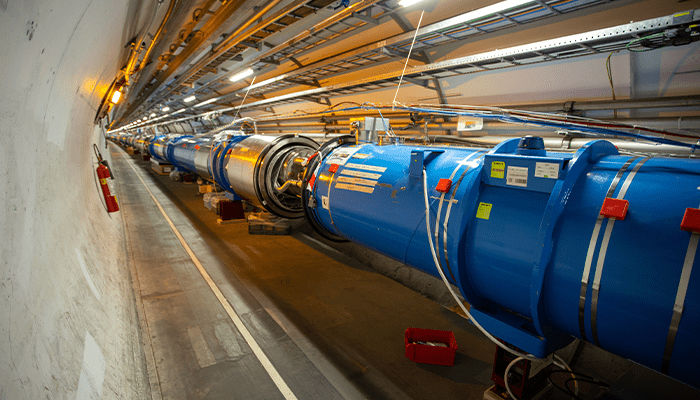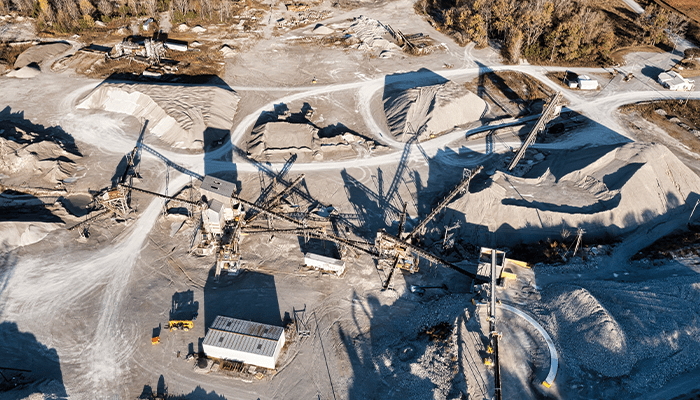
Stop Work Authority: A Critical Safety Tool for Oil and Gas Simultaneous Operations
How to empower workers to intervene when they see a potential hazard or risk in complex and dynamic work environments.
What are simultaneous operations?
Simultaneous operations (SIMOPS) are activities that occur at the same time and in the same location, involving two or more parties or work groups. In the oil and gas industry, SIMOPS are common and often necessary to optimize production, reduce costs, and minimize downtime. Examples of SIMOPS include drilling, well testing, wireline operations, coiled tubing operations, production operations, maintenance, and construction.
What are the challenges and risks of SIMOPS?
SIMOPS pose significant challenges and risks for the safety and health of workers, the environment, and the assets involved. They require careful planning, coordination, communication, and supervision to ensure that the activities do not interfere with each other or create hazards that could lead to accidents, injuries, or fatalities. Some of the potential hazards and risks of SIMOPS include:
- Conflicting or unclear roles and responsibilities of different parties or work groups.
- Lack of awareness or understanding of each activity's scope, objectives, and procedures.
- Inadequate or ineffective communication and information sharing among the parties or work groups.
- Changes in the work environment, such as weather, equipment, personnel, or schedules that affect the safety and performance of the activities.
- Unforeseen or unplanned events, such as equipment failures, emergencies, or incidents that require immediate response or action.
What is stop work authority?
Stop work authority (SWA) is the right and responsibility of any worker to stop or suspend an activity or operation when they perceive a potential hazard or risk that could compromise the safety and health of themselves, others, the environment, or the assets involved. SWA is a critical safety tool that empowers workers to intervene and prevent accidents, injuries, or fatalities before they occur. SWA is based on the principle that safety is everyone's responsibility and that everyone has the authority and obligation to stop work when necessary.
How do you implement and promote SWA in SIMOPS?
Implementing and promoting SWA in SIMOPS requires a strong safety culture and leadership commitment that supports and encourages workers to exercise their SWA without fear of retaliation or reprisal. Some of the best practices for implementing and promoting SWA in SIMOPS include:
- Establishing clear and consistent policies and procedures for SWA that define the roles, responsibilities, and expectations of all parties and work groups involved in SIMOPS. Ensure that all individual employees know their responsibility and have the authority to stop any unsafe work that could result in injury or death.
- Providing adequate and regular training and education on SWA for all workers, supervisors, and managers involved in SIMOPS, covering the benefits, principles, and processes of SWA. Establish a written procedure that outlines the process for SWA when appropriate.
- Creating and maintaining open and effective channels of communication and information sharing among all parties and work groups involved in SIMOPS, ensuring that everyone is aware and informed of the activities, objectives, and procedures of each SIMOP.
- Conducting thorough and detailed risk assessments and hazard identification for each SIMOP, involving all parties and work groups, and implementing appropriate control measures and contingency plans to mitigate the risks and hazards.
- Monitoring and reviewing the performance and safety of each SIMOP, collecting, and analyzing data and feedback, and identifying and implementing opportunities for improvement and learning.
- Recognizing and rewarding workers, supervisors, and managers who exercise their SWA in SIMOPS and providing constructive and supportive feedback and coaching for those who do not.
SWA is a vital safety tool for oil and gas SIMOPS that can save lives, protect the environment, and preserve assets. It empowers workers to act and stop work when they see a potential hazard or risk that could compromise the safety and health of themselves, others, the environment, or the assets involved. It requires a strong safety culture and leadership commitment that supports and encourages workers to exercise their SWA without fear of retaliation or reprisal. SWA also requires careful planning, coordination, communication, and supervision of SIMOPS, as well as regular training, education, risk assessment, monitoring, review, and recognition.
Featured News & Insights

Nuclear energy offers exciting opportunities, but it comes with a level of risk and regulation that’s unlike any other sector. One of the biggest challenges operators face is proving they have the...

The energy sector, which spans oil and gas, utilities, and renewable energy, is one of the most complex and volatile industries in the world. From environmental scrutiny to fluctuating commodity...

On April 18, 2024, the Mine Safety and Health Administration (MSHA) issued a final rule to lower miners' exposure to respirable crystalline silica and enhance respiratory protection measures across...